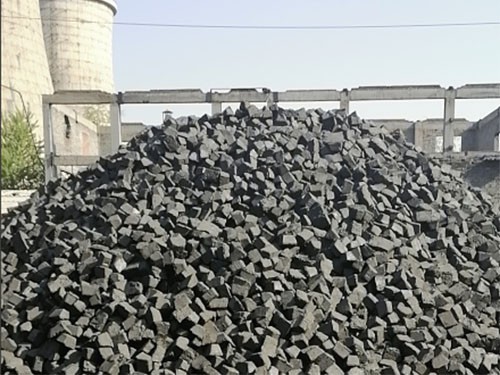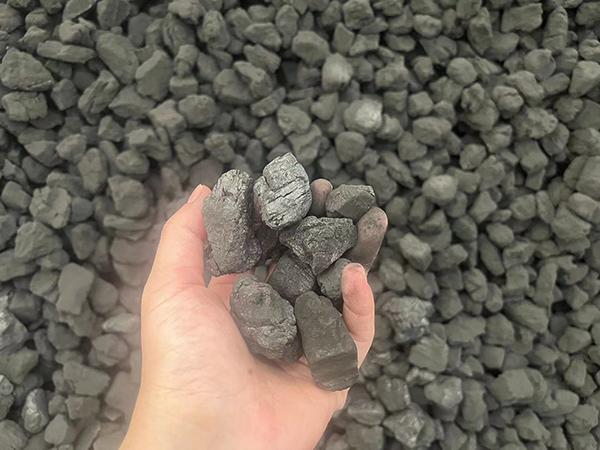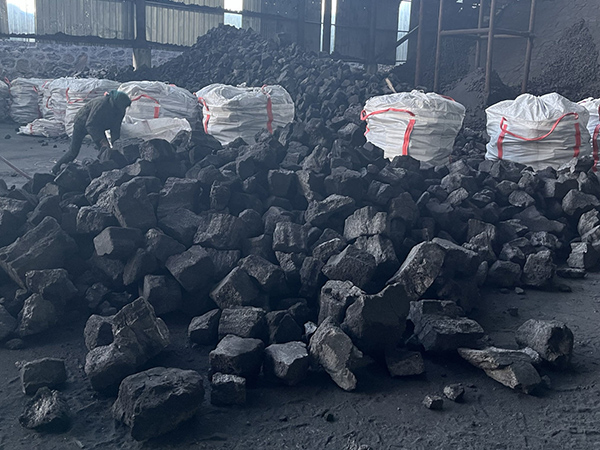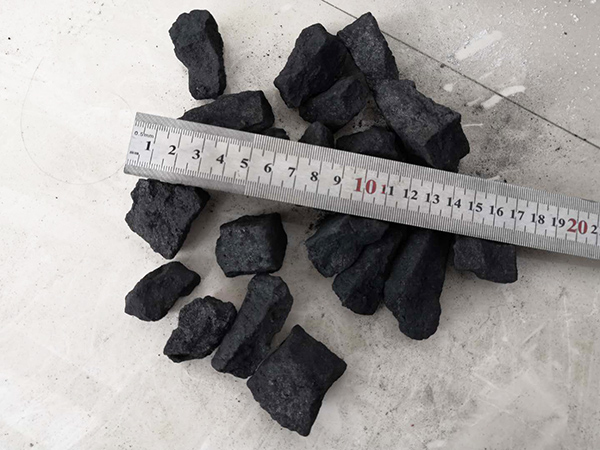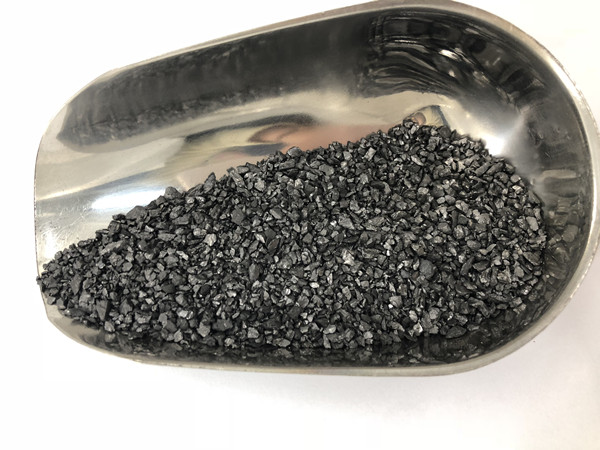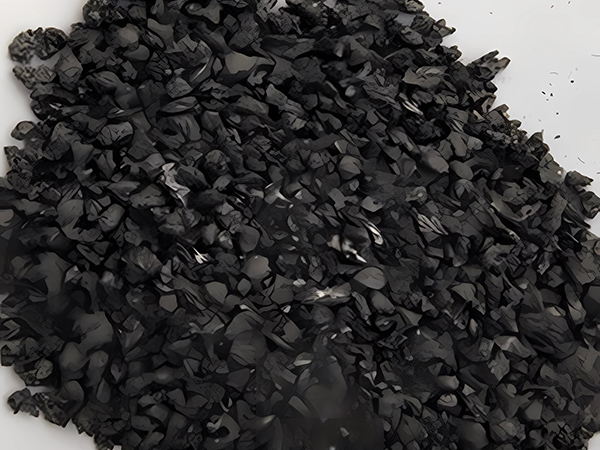Four Key Drivers Behind Rising Chinese Coke Prices
As the world's largest coke producer (60% of global output), China has seen an eighth round of price hikes since August 26, with major producers increasing top-charged coke prices by 75 RMB/ton. Cumulative increases this year now stand at 350–405 RMB/ton (approximately 49–57 USD/ton), a trend impacting key import markets like India and Southeast Asia through international trade channels.
Firstly, regional supply constraints exacerbate market tightness. Environmental controls ahead of major events in North China have led to 20–30% production cuts at coke producers in Hebei and Shandong provinces since late August. Combined with a 60% reduction in diesel truck traffic within the Beijing-Tianjin-Hebei region, weekly spot supply has dropped by around 120,000 tons. In India—China's third-largest coke export market (18% of 2024 imports)—CFR Mumbai prices rose 5% month-on-month, with order delays of 10–15 days. Data shows Hebei and Shandong's coking industry operating rates fell 2.5% and 2% respectively in July, widening short-term supply gaps.
Secondly, coking coal costs propel price floor higher. Coking coal—accounting for 70% of coke production costs—has rebounded sharply since June, with prime coking coal prices up 350–400 RMB/ton. Tightened coal mine safety inspections and temporary production halts due to losses have reversed the coking coal market balance, with prices expected to remain elevated in August, according to the China National Coal Transportation and Marketing Association. Cost transmission is significant: every 100 RMB/ton increase in coking coal raises coke production costs by ~80 RMB/ton, driving the current cost support to a yearly high.
Thirdly, global steel demand maintains resilience. Despite phased adjustments in the global steel sector, rigid demand for coke remains steady. China's blast furnace operating rate stays above 75%, with crude steel output up 2.7% YoY in mid-February, maintaining daily coke consumption at over 200,000 tons. Emerging markets like India and Turkey—forecast to add 30 million tons of steel capacity in 2025—drove a 16% YoY increase in China's July coke exports. Steady quota-based shipments to India reflect global reliance on Chinese high-quality coke.
Finally, logistics bottlenecks amplify price volatility. Transport controls in Beijing-Tianjin-Hebei have caused dual impacts: delivery times for the Lianyungang-Visakhapatnam direct route extended from 15 to 25 days, prompting downstream enterprises to pre-stock 3 weeks earlier; spot prices in South China are now 150 RMB/ton higher than in North China, with increased cross-region transportation costs fueling bullish expectations. A 20% drop in logistics efficiency has become a key factor amplifying supply chain uncertainty and price elasticity.
As supply constraints intensify in September, coke prices are set to remain strong in the short term. Chinese enterprises, as vital coke partners for global buyers, will leverage stable supply, customized logistics solutions, and flexible pricing to help customers navigate market fluctuations and build resilient supply chains.
next:none

